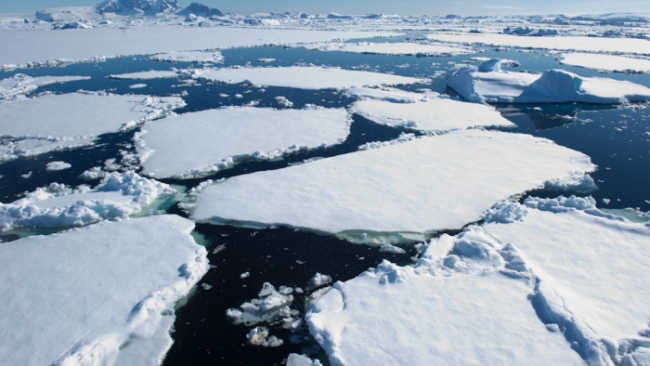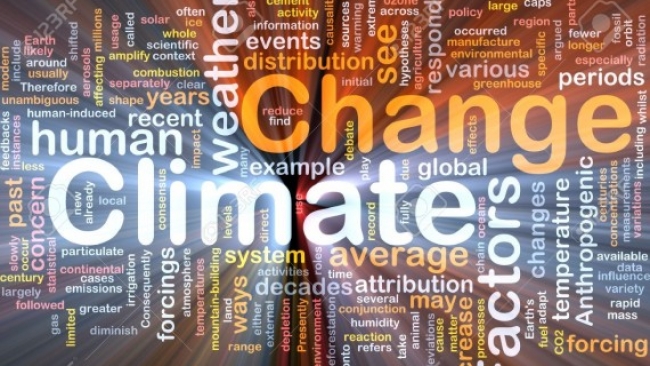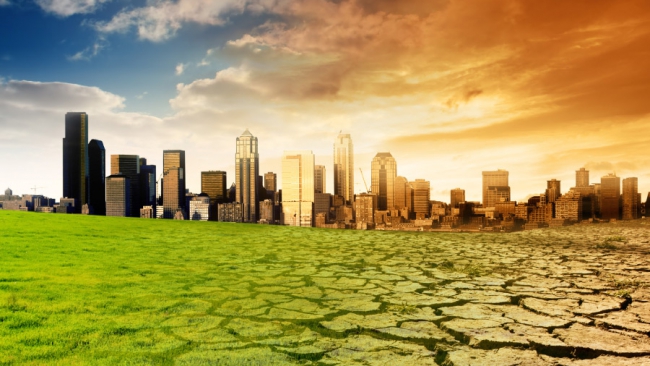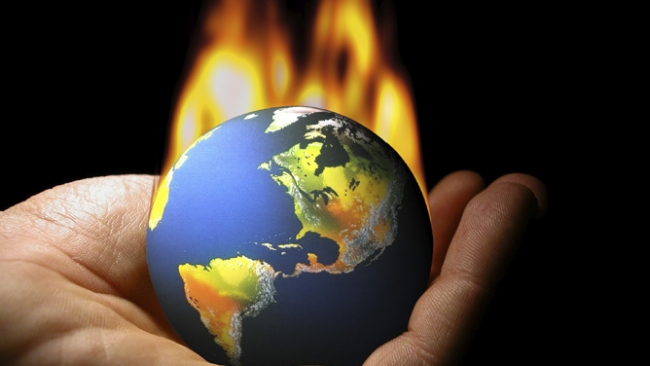Melting ice caps could enrich ocean life and even slow climate change

Thawing glaciers could be releasing hundreds of thousands of tonnes of a key nutrient into the Arctic ocean, boosting marine life, according to new research by the University of Bristol.
It comes just weeks after scientists also found melting glaciers in the Antarctic were replenishing levels of iron in the Southern Ocean.
Bristol's new research found alongside adding huge amounts of water into the sea, Greenland's melting ice sheet could also be unleashing 400,000 metric tonnes of phosphorus every year - as much as the Mississippi River releases in the Gulf of Mexico - into the Arctic Ocean.
Phosphorus is a key nutrient that could, if it reaches the open ocean, enrich waters of the Arctic Ocean, potentially stimulating growth of marine life, as it feeds plankton at the bottom of the sea's food chain, according to university researchers.
The chemical can also lead to algal blooms of simple plant life which absorb carbon through photosynthesis and can offset some of the levels released by burning of fossil fuels.
Glacial meltwater has been known to contain phosphorus, but new research by Dr Jon Hawkings, from the Cabot Institute at the University of Bristol, shows as the Greenland ice sheet melts, it could be releasing far more of the nutrient than previously thought.
Dr Hawkings and his team spent three months in 2012 and 2013 gathering water samples and measuring the flow of water from the 230-square-mile Leverett Glacier, and the smaller, 14-square-mile Kiattuut Sermiat Glacier in Greenland.
Source: Express
Wed 10 Feb 2016 at 08:25




